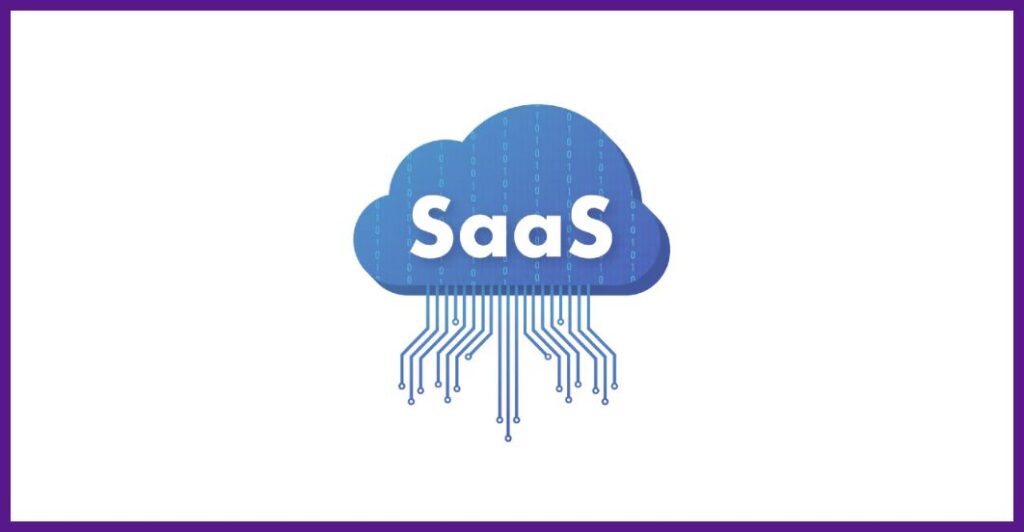We live in an era where digital transformation has gone from being a trend to a mandatory reality for companies of all sizes. Local server storage is being replaced by cloud computing, a solution that allows for greater flexibility, scalability, and resource savings. However, along with these advantages, the question of how to manage the cloud securely and efficiently also arises.
O cloud management goes far beyond simply storing data outside of a company's physical infrastructure. It involves governance, monitoring, auditing, and policy practices that ensure sensitive data is not compromised. Poor management can open the door to cyberattacks, while solid management strengthens information security and contributes to business continuity.
The importance of information security in the digital environment
Information security is one of an organization's greatest assets in the 21st century. Therefore, a simple security breach can result in fines, loss of credibility, and irreparable damage to the brand's reputation.
The role of cloud management in data protection
Cloud management is essential because it centralizes and organizes all of a company's digital resources in a secure environment. Below, see some fundamental pillars:
Access monitoring and control
Managing who has access to information is vital because implementing multi-factor authentication (MFA), continuous auditing, and granular permissions ensures that only authorized users can access critical data. This dramatically reduces the risk of unauthorized access.
Backup and Disaster Recovery
Accidents happen—servers can fail, systems can become corrupted, or ransomware attacks can hijack data. Efficient cloud management includes automatic backup strategies and recovery plans that allow for rapid restoration of operations, preventing irreparable losses.
Encryption and protection of sensitive data
Encryption is an extra layer of protection. In cloud management, it protects both stored data (at rest) and transmitted data (in transit). This means that even if information is intercepted, it will be unreadable to malicious actors.
Compliance with standards and regulations
Legislation such as the LGPD (General Data Protection Law) in Brazil and the GDPR in Europe requires companies to have robust security mechanisms. Cloud management helps organizations meet these requirements, avoiding legal sanctions and strengthening customer trust.
Benefits of cloud management for businesses
In addition to strengthen security, cloud management provides strategic advantages that directly impact business growth:
- Risk reduction of cyberattacks: Real-time monitoring tools identify suspicious behavior before it causes harm.
- Business continuity guaranteed: Redundant environments and contingency plans ensure that the company continues to operate even in the face of failures.
- Scalability with security: Companies can quickly expand their infrastructure without compromising data protection.
These benefits make cloud management not just a security practice, but also a competitive strategy.
Challenges in cloud security
Despite the positive aspects, security in cloud environments still faces challenges that require constant attention:
- External threats and vulnerabilities: Hackers are always looking for new loopholes to exploit misconfigured systems.
- Configuration errors and mismanagement: Open permissions or poorly applied security policies can expose sensitive information.
- Sharing responsibilities: Many companies believe that only the cloud provider is responsible for security. In reality, responsibility is shared, and the organization must do its part with well-defined internal policies.
These challenges make it clear that cloud security is an ongoing effort that needs to be reviewed and updated frequently.
Best practices for ensuring security in cloud environments
To minimize risks and get the most out of the cloud, some practices are recommended:
- Governance and compliance policies: define clear rules about who can access, modify, and store information.
- Training and awareness: Employees need to be prepared to identify threats such as phishing and social engineering.
- Integration of advanced security tools: Solutions such as next-generation firewalls, SIEM (Security Information and Event Management), and artificial intelligence-based systems help predictively detect attacks.
Adopting these practices makes the cloud environment more secure and strengthens the security culture within the company.
How SaaS Helps in Cloud Management
The model SaaS (Software as a Service) has been gaining increasing ground in companies' digital transformation strategies. Unlike traditional solutions, where software must be installed and maintained locally, SaaS offers access to applications directly in the cloud, eliminating heavy infrastructure costs and simplifying resource management. MattZero is a SaaS specialist and can be a great ally in implementing SaaS for cloud management.
Thus, it plays an essential role because it delivers integrated security, Automatic updates and scalability allow companies of all sizes to maintain secure and efficient operations. Furthermore, SaaS helps standardize processes and centralize information in a secure environment, facilitating audits and compliance with regulations such as the LGPD.
Reduction of infrastructure costs
By opting for SaaS, the company doesn't need to invest in its own servers, complex licenses, or on-site maintenance. This means a significant reduction in operational costs without compromising data security. The service provider assumes responsibility for availability, scalability, and security updates, ensuring the organization always has a secure environment.
Automatic updates and enhanced security
Keeping software up-to-date against new threats thus becomes one of the biggest challenges in digital security. In the SaaS model, updates are automatic and centralized, which reduces the risk of human error and unpatched vulnerabilities. This ensures that the company is constantly protected against emerging cyberattacks.
Simplified access and safe mobility
Another major benefit of SaaS is mobility. Because solutions are cloud-based, employees can access systems and data from anywhere, with enhanced authentication and security protocols. This aligns perfectly with the growth of remote and hybrid work, ensuring productivity without compromising information protection.
Integration with cloud security tools
Many SaaS software already comes integrated with encryption protocols, firewalls, and advanced monitoring solutions. This integration facilitates centralized management and improves infrastructure visibility, allowing you to identify and neutralize threats in real time.
The future of information security in the cloud
The future points to an increasingly intelligent cloud. The use of machine learning and artificial intelligence already allows us to identify anomalous patterns in real time, anticipating attacks before they materialize. Furthermore, the use of Zero Trust architectures, which do not trust any user or device by default, is expected to grow, increasing system robustness.
The trend is for cloud security to become more automated, integrated, and proactive, ensuring that companies of any size can enjoy the benefits of the cloud without sacrificing protection. Thus, funding intended this cloud security ends up being necessary for efficient management.
Why invest in efficient cloud management?
Today, cloud management is one of companies' key allies in the fight against digital threats. It allows for greater control over access, protects sensitive information, and helps organizations comply with regulations. More than just an IT practice, it's a strategic investment that protects reputation and ensures operational continuity.
Organizations that adopt efficient cloud management not only reduce risks but also gain greater trust from the market and their customers. In an increasingly competitive digital world, information security is synonymous with survival and sustainable growth.
Schedule a demo and discover how MattZero can support cloud management with data security.





